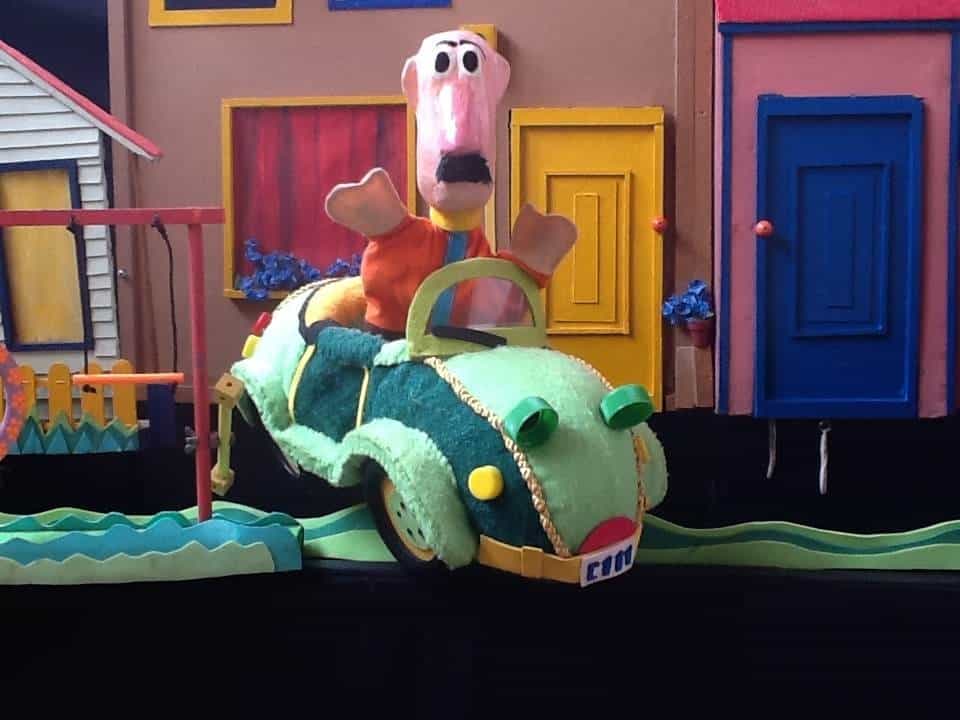Puppets and toys from Costa Rica are making the world a better place to live. Fernando Thiel, a psychologist and puppeteer, and architect Caroline Pizarro have traveled the world using puppets to show how we improve our homes and communities.
As Grupo Ticotiteres (Ticopuppets), the husband-and-wife team has taken their program to Europe, Africa and South America, Mexico and the United States. They have been to professional conferences, cultural festivals and art shows. Here in Costa Rica, they have appeared at museums, meetings, schools, programs in the parks, municipalities and business meetings.
“A Community for Everyone” is the central idea of their performances, and they use stories and activities that get people working together to address human needs.
“We want people to see that people are at the center,” Pizarro told The Tico Times.
Thiel, 52, and Pizarro, 53, have both adopted Costa Rica as their home. Thiel is from Argentina and grew up in a show business family: his father was a well-known puppeteer, and his grandparents, immigrants from Austria, were actors. Thiel came to Costa Rica in 1978 and studied psychology and theater at the University of Costa Rica (UCR).
Pizarro, from Chile, was eleven when she came here with her family. She studied architecture at the UCR and met Thiel at a student carnival. They married, worked in their respective professions, and formed Grupo Ticotiteres in 1990. Both also teach theater courses at the UCR, where their two daughter are students.
The stories and characters are Thiel’s own creations. The cuddly and sometimes outrageous puppets introduce themes such as freedom from violence, or creating clean, safe environments without dengue or Zika.
Complementing these characters are activities that add fun and mental challenges. Architect Pizarro loads a table with building blocks, small plastic toys and tubes, and asks the audience to build a city. Working together, strangers and families have to decide where to put the church, the school, the plaza and other components.
“People come up with good ideas, too,” she says. “Even children. One suggested putting water pipes above ground to that they can climb on them and play on them.”
“At one workshop with a municipal government, the mayor and other officials were concerned about streets and cars. They were not thinking of sidewalks and bike routes, or people with handicaps,” she added, explaining that the workshop persuaded them to think about the people at the heart of the community.
Ultimately, theirs is a love story: love for their family, for the world and for the work they are doing. Find more about their programs on Facebook or contact them at grupoticotiteres@gmail.com.






